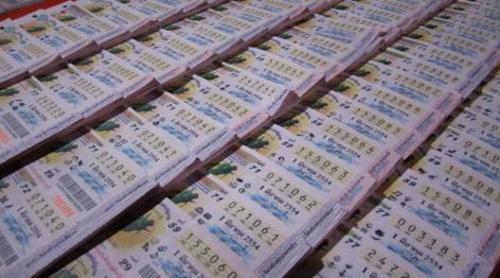Lottery also comes in numbers!
 A lottery comes in form of 6-digit numbers from
to
.
A lottery comes in form of 6-digit numbers from
to
.
Let us call a lottery lucky if the sum of the first 3 digits are equal to the last 3 digits. For example, is lucky because .
And let us call a lottery good if the sum of all digits is 27. For example, is good because .
If the number of different possible lotteries that are lucky is , and the number of different possible lotteries that are good is , find the value of .
This question is from Thailand Math POSN, Combinatorics.
The answer is 0.
This section requires Javascript.
You are seeing this because something didn't load right. We suggest you, (a) try
refreshing the page, (b) enabling javascript if it is disabled on your browser and,
finally, (c)
loading the
non-javascript version of this page
. We're sorry about the hassle.
Let L be the set of lucky numbers and G be the set of good numbers. We want to prove that there is a bijection between the two sets.
First, we see that for any lucky number a b c d e f with a + b + c = d + e + f , if we replace d , e , f with 9 − d , 9 − e , 9 − f , we get a good number. We also see that no two lucky numbers can give the same good number, as it would mean that they are the same.
Likewise, for any good number a b c d e f , we can get a lucky number by replacing d , e , f with 9 − d , 9 − e , 9 − f . Also, as above, no two good numbers can give the same lucky number.
Therefore, a bijection exists between the sets and a − b = 0 .